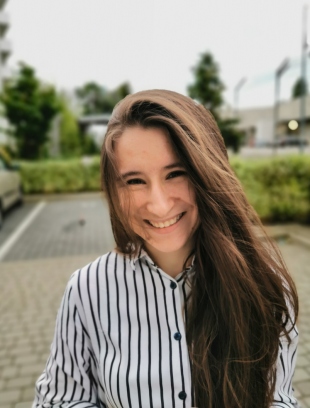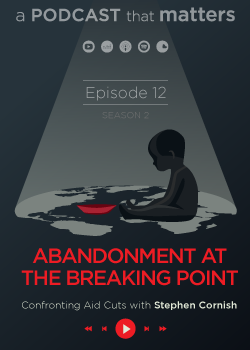This is a modal window.
As the challenge of creating equitable and sustainable urban spaces intensified, architects, urban planners, public officials, and communities sought collaborative solutions to balance economic viability, environmental resilience, and social inclusivity.
URBAN MENUS, an interactive digital platform, provided a cutting-edge approach to co-creating cities in 3D, integrating real-time data and feedback loops to align the interests of multiple stakeholders. This approach empowered governments, businesses, and local communities to shape urban environments that fostered growth, equity, and adaptability.
DevelopmentAid, in collaboration with BUSarchitektur & BOA office for advanced randomness, hosted a transformative webinar exploring the potential of alliance-building within a multi-sectoral future. Led by Laura P. Spinadel and Bianca Severin, the session demonstrated how URBAN MENUS supported participatory urban planning, bridging the gap between technical design and community involvement. Attendees gained insights into how innovative processes expedited resilient transitions and contributed to shaping dynamic, sustainable urban spaces.
Key Takeaways:
- - Co-Creating Better Urban Futures: Learn how URBAN MENUS facilitates collaborative design by integrating technology, community needs, and business interests to forge more equitable and sustainable urban environments.
- - Embracing Multi-Sectoral Engagement: Explore how government entities, private stakeholders, and local communities can align their goals, pool resources, and accelerate urban transformation in consensus-driven ways.
- - Immersive 3D Tools and Resilience Training: Understand how URBAN MENUS employs 3D and virtual reality experiences to enable stakeholders to visualize complex urban scenarios, support decision-making, and strengthen resilience strategies.



